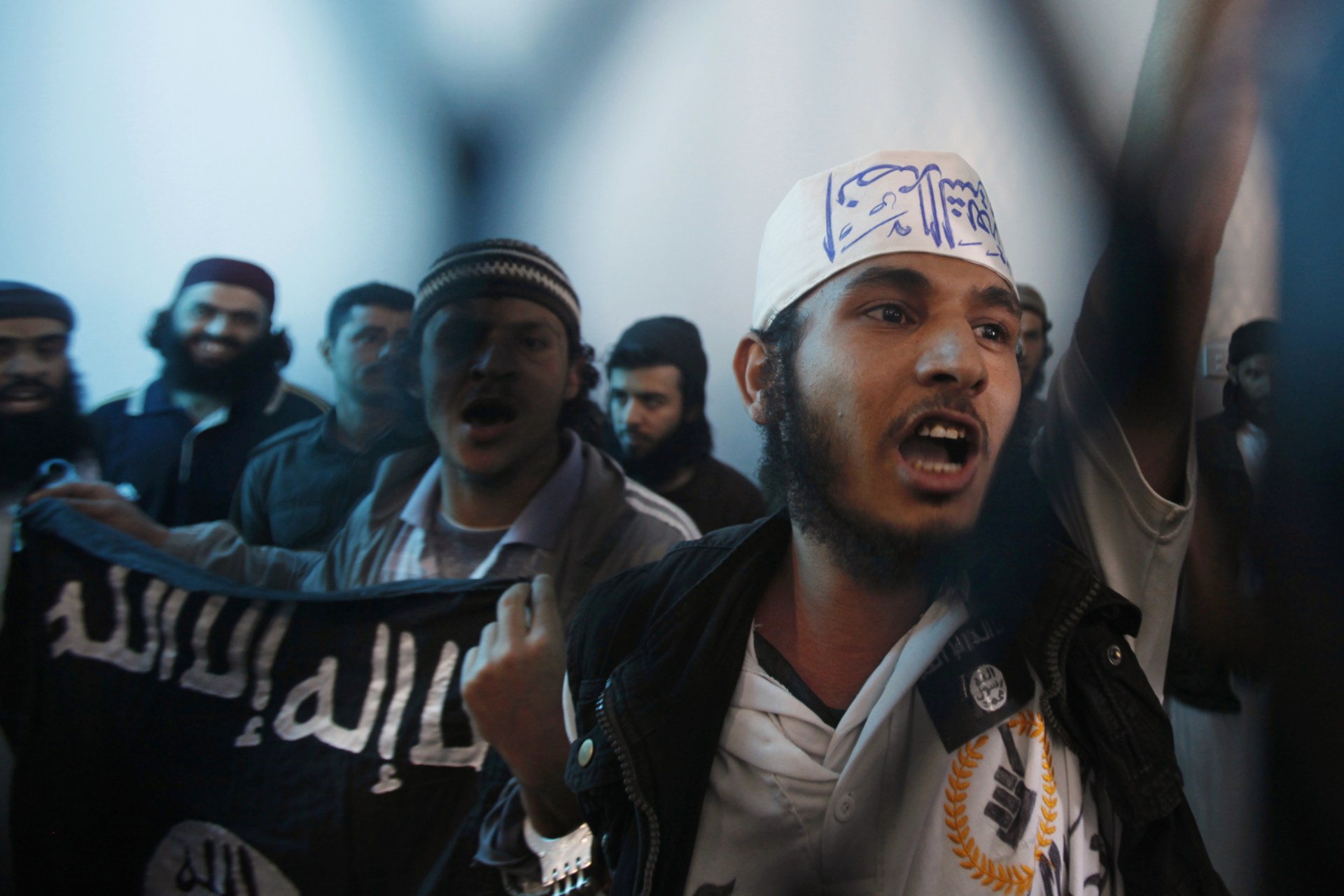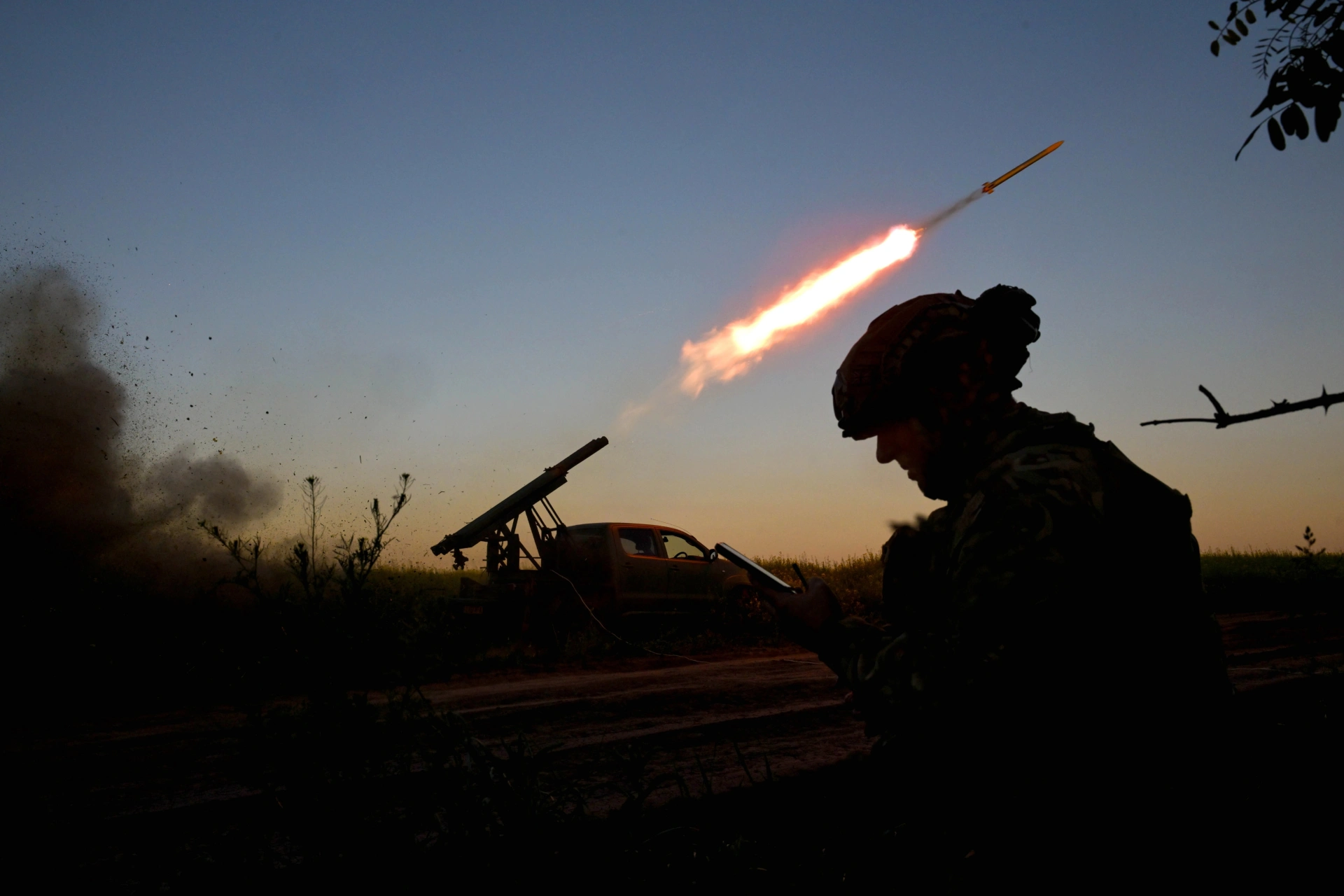A Global Venture to Counter Violent Extremism

BY
- Ed HusainSenior Fellow
The rise of Islamist radicalism continues to threaten U.S. interests in the greater Middle East. Last year’s attacks on U.S. embassies, instability in the aftermath of the Arab uprisings, and an increase in political activism among Salafist movements are all cause for concern. In Pakistan, extremist networks use U.S. drone strikes and the killing of Osama bin Laden to rally people to their cause. Although Muslim organizations in the Middle East, Pakistan, Indonesia, and Europe have had some success countering violent extremism (CVE), these groups desperately need financial assistance to continue their work. The United States should address this funding gap. By using the existing Global Counterterrorism Forum (GCTF), founded by the U.S. State Department in conjunction with Muslim-majority governments (including Pakistan, Saudi Arabia, and Turkey), the United States is now ideally situated to create a long-term funding mechanism, or “global venture,” that consolidates existing programs and seeds new initiatives. Done properly, within eight to ten years al-Qaeda’s theology and ideology can become as unattractive among young Muslims as communism became to East Germans.
The Problem
Activists work in hubs of extremist recruitment—mosques, community centers, universities, prisons, and websites.
Al-Qaeda and its ideological affiliates do not operate in a vacuum; rather, they feed off of ideas that have proliferated in Muslim communities over decades. A combination of religious literalism and conspiracist politics is at the core of their anti-Western ideology. These ideas include the beliefs that democracy is man-made and only extremist understandings of God’s law should be enforced; that violent jihad is a Muslim obligation until “God’s law” is manifest; that those who die pursuing it, including suicide bombers, are martyrs; and that the greatest obstacle to Islam’s dominance is the modern West, led by the United States. Killing Americans, therefore, weakens an enemy that oppresses Muslims. Unless such ideas are challenged and discredited, extremist groups will continue to regenerate no matter how many terrorists are killed.
Developing Alternative Narratives
Organizations in the Middle East, Pakistan, and elsewhere are leading the way in advocating counternarratives to extremist messaging. Organizations like Khudi, a Pakistan-based campus network, use Muslim history to argue against radicals who twist the meaning of the word umma into a “nation united against infidels” (its correct, historical meaning is “community”). The Radical Middle Way, a Muslim organization based in London, holds public “question time” events with clerics from Egypt’s prestigious al-Azhar seminary who use scripture to undermine the belief that suicide bombers are martyrs and to support democracy within an Islamic framework. Activists in Saudi Arabia and Egypt are using social media to challenge conspiracy theories and a pervasive sense of victimhood vis-à-vis the West. They work in hubs of extremist recruitment—mosques, community centers, universities, prisons, and websites—and target vulnerable youth with innovative programming.
In the Middle East, radical clerics often provide unchallenged guidance on questions of religion and politics.
Building on these and like-minded organizations and activists, CVE efforts must focus on:
- Educating Muslim thought leaders in mosques and on university campuses through workshops and testimonies from former radicals about why Islamist hard-liners threaten Muslim communities. In 2009, al-Qaeda and its affiliates killed more Muslims than non-Muslims. Muslims need to reclaim their faith because Islamist extremism endangers the very fabric of mainstream, moderate Islam.
- Providing financial support to moderates for establishing alternative satellite television channels across the Middle East. A region with bulging youth populations, high unemployment, low rates of reading books, and mass popularity of satellite television means radical clerics often provide unchallenged guidance on questions of religion and politics.
- Supporting the publication and dissemination of reading materials on normative Islam. Those looking for religious literature in the Middle East are often exposed to glossy publications from Gulf countries that promote a literalist, radical reading of Islam. Alternative and mainstream material exists in Egypt, Turkey, and Pakistan, but requires translation and targeted distribution on campuses, in bookshops, and in mosques.
- Initiating the around-the-clock presence of a professional, well-informed network of web-savvy Muslims who are active in Arab and Muslim chat rooms and on social media, refuting al-Qaeda propaganda with factual and scriptural arguments. The purpose is not to dissuade jihadis (that would be a bonus), but to ensure virtual audiences do not assume that extreme narratives are unchallenged and hence preponderant.
- Puncturing the popular perception that the United States is at war with Islam and Muslims by inviting religious leaders annually as guests of the U.S. Congress during the president’s state of the union address. This respectful, high-visibility presence would generate Arab and Muslim media coverage that further dents anti-Americanism.
Pioneering a Global Venture
A cornerstone of the Obama administration’s counterterrorism and CVE strategy is the Global Counterterrorism Forum. Launched in 2011, this effort has rightly identified the need for governments and experts to coordinate and share effective CVE strategies. The forum has inspired the creation of the Center of Excellence for Countering Violent Extremism in Abu Dhabi, an institution focusing on training, research, and dialogue between nongovernmental organizations (NGOs) and governments that counter extremism. Building on these efforts by establishing a CVE global fund is a natural next step for the GCTF.
A global venture that identifies and funds counterradicalization projects in strategically important countries would be a first step in reversing the grip of the al-Qaeda narrative. Worthy efforts have been undertaken in the past, such as the State Department’s public diplomacy initiatives and the appointment of a U.S. special representative to Muslim communities, but they have come up short by failing to address the ongoing funding crisis among anti-extremism organizations. A global venture, however, would build on existing efforts and financially strengthen Muslim civil society against extremism. The money to seed this project should come from a wide variety of individuals, organizations, and governments that share an interest in countering extremism. Public and private funding is readily available in Turkey and Gulf countries, from Muslim American communities, and from Western development and philanthropic organizations. Rooting this venture in a diverse network of partners would bolster the program’s appeal while heading off the al-Qaeda allegation that it is an American plot.
Washington should encourage American philanthropies to advise the GCTF on how to raise money and staff the venture.
Garnering support to combat radicalism under the umbrella of a global venture will require a centralized effort from a body that can lend the venture prestige, direction, and continuity. Based on existing American and Turkish cooperation at the GCTF, the United States should encourage Turkey to take the lead in establishing the global venture (the two currently lead the coordinating committee).
A Global Venture in Practice
Initially, the GCTF should convene an international conference of high-profile Muslim and non-Muslim philanthropists, imams, thinkers, community leaders, and government officials to define objectives and elect an oversight board from within their ranks. They may wish to name the fund after a prominent Muslim historical figure to make it appeal to religious activists. Washington should encourage American philanthropies to advise the GCTF board on how to raise money and staff the venture.
The venture should be headquartered in Istanbul or a Gulf capital, locating it centrally in terms of both physical and religious geography. Based on interest levels from potential donors, funding levels for analogous ventures in the past, and absorptive capacity of future grantees, the global fund would require at least $300 million and a ten-year commitment by major donors at the outset to ensure the venture is sustainable and deeply rooted. Private and/or government-funded organizations could apply for grants of various sizes depending on the scope and activities of their proposed projects. With support, these organizations could organize youth camps, create social network–based websites to educate youth, provide speaking platforms for moderate imams, disseminate publications on Muslim campuses, offer scholarship opportunities, and create exchange programs for students to learn firsthand about Western government and society.
To ensure funds reach the right people, applicant organizations would need to demonstrate a commitment to religious pluralism, human rights, democracy, and nonviolence. Project proposals would require letters of support from groups credibly doing similar work on the ground or GCTF founding-member governments. Monitoring and evaluation would be central to the venture’s mission, and therefore a robust staff will be needed to work with experts assigned to measure the success of funded programs and determine their eligibility for future funding. Existing philanthropies could be enlisted to advise on best practices.
Through sustained funding of existing efforts and supporting new initiatives in mosques, on campuses and satellite television, and through publications and online media, a global venture can target audiences through multiple avenues, maximizing efforts to discredit radical narratives.t





